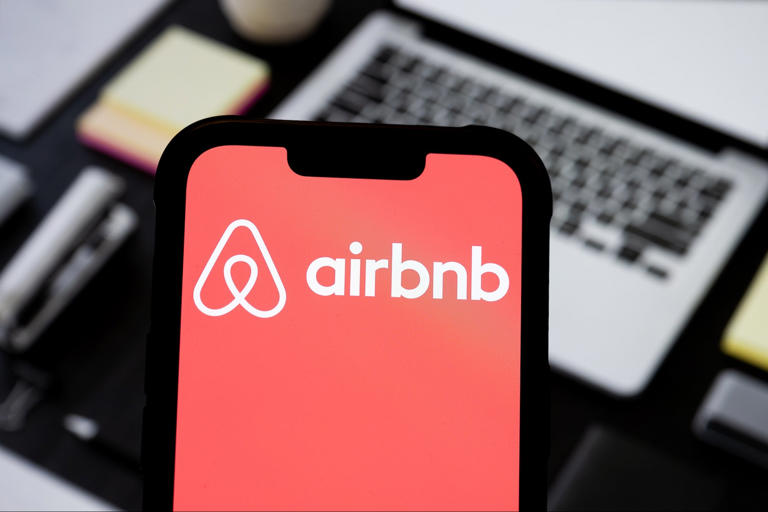Starting May 12, Airbnb guests around the world will experience a significant change in how they view pricing on the platform. In response to a new Federal Trade Commission (FTC) ruling on “junk fees,” Airbnb is now rolling out total price transparency globally — and it’s doing so ahead of schedule.
The FTC’s ruling, passed in December 2024, aims to crack down on hidden or last-minute fees that inflate the final cost of goods or services, including concert tickets, travel bookings, and short-term lodging. Under this regulation, companies must clearly display all mandatory fees upfront, at the time of purchase — not just during checkout. For Airbnb, this means guests will automatically see the full cost of a proposed stay, including service charges and cleaning fees (but excluding taxes), directly in the search results.
"With the global rollout of total price display, we're making it easier for guests to better understand the price they'll pay, and for hosts to succeed in a more transparent marketplace," Airbnb shared in a recent statement. The move, according to the company, is intended to enhance the booking experience while building trust in its platform and community.
Until now, only certain regions — including parts of Europe, Canada, Korea, and Australia — required this level of pricing transparency due to individual regulatory mandates. In the U.S., Airbnb introduced the option to toggle on total price display two years ago, but it was strictly optional. Even so, the response was encouraging: more than 17 million users chose to turn on the feature voluntarily. That early data helped the company shape what is now a global policy.
Interestingly, this shift toward transparency has had a tangible impact on the platform’s pricing structure. Airbnb reported in its Q4 2023 and full-year earnings that nearly 300,000 hosts either removed or reduced their cleaning fees after enabling full price visibility. Moreover, 40% of active listings eliminated cleaning fees altogether.
This isn’t just a win for guests. Hosts also benefit from increased trust and clarity with potential renters. Transparent pricing often leads to better conversion rates, fewer misunderstandings, and fewer negative reviews — all critical factors for hosts aiming to maintain their standing on the platform.
Historically, guests have often expressed frustration with “drip pricing,” where an affordable nightly rate would balloon once service fees, cleaning charges, and other surprise costs were added during checkout. This disconnect between the listed and actual price has caused tension, particularly in high-demand markets where fees can nearly double the base rate. With the new policy, what you see is essentially what you get — making it easier to compare listings and make informed booking decisions.
In a statement underscoring the broader intent, Airbnb said, “We believe these improvements will continue to create positive guest experiences from search to stay while also supporting the growth of the Airbnb community around the world.”
This pricing shift aligns Airbnb more closely with consumer expectations and growing regulatory pressure for fairer digital marketplaces. In an age where transparency and user trust are paramount, the platform’s move toward upfront pricing is both timely and necessary.
As the May 12 compliance date for the FTC’s rule approaches, Airbnb is setting a precedent — not just for other short-term rental companies, but for all digital platforms navigating the intersection of innovation, consumer rights, and evolving regulatory frameworks. For users, it means less fine print and fewer unpleasant surprises. For the industry, it marks another step toward building more honest, equitable marketplaces — one fee at a time.




